 Looking at this week’s calendar, you’d never know there had been a holiday the previous week. Isn’t that funny?
Looking at this week’s calendar, you’d never know there had been a holiday the previous week. Isn’t that funny?
Funny weird, not funny ha-ha.
We don’t give ourselves much of a break anymore, do we? I say that as a society, not necessarily as an individual. Your personal experience may vary.
It’s difficult to disconnect. Vacations aren’t stress free. We went away for a couple of days over the holiday, to Asheville, NC. We made a conscious decision not to take laptops. Howsomever, our iPads have 3G/4G. We still got email.
Semi-disconnected is the best we can do these days.
This week everything is totally reconnected and ON!
 Monday, Ebook Review Central is back. Coverage returns with the Dreamspinner Press titles from May 2012. I’m kind of glad it’s two months back, it means the reviewers have had a chance to catch up to ERC. Barring the flu, there won’t be another hiatus until Labor Day weekend.
Monday, Ebook Review Central is back. Coverage returns with the Dreamspinner Press titles from May 2012. I’m kind of glad it’s two months back, it means the reviewers have had a chance to catch up to ERC. Barring the flu, there won’t be another hiatus until Labor Day weekend.
Unlike last week, there are three tours this week!
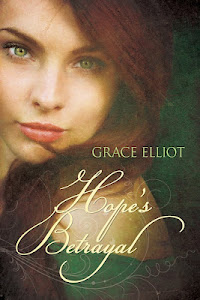 Tuesday is Hope’s day. Really, it’s the day for Hope’s Betrayal by Grace Elliot. I’ll have a guest post from Ms. Elliot, along with a review of her historical romance, Hope’s Betrayal. It’s all about smuggling along the coast of England during the Napoleonic Wars, and features a very unconventional heroine. You’ll see.
Tuesday is Hope’s day. Really, it’s the day for Hope’s Betrayal by Grace Elliot. I’ll have a guest post from Ms. Elliot, along with a review of her historical romance, Hope’s Betrayal. It’s all about smuggling along the coast of England during the Napoleonic Wars, and features a very unconventional heroine. You’ll see.

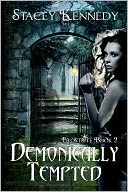 We go from the mists of time to the ghostly present with an interview with Stacey Kennedy on Wednesday. Stacey will be here to talk about her incredibly popular, and marvelously delicious, urban fantasy/paranormal romance Frostbite series. I’ve already reviewed Supernaturally Kissed and Demonically Tempted, and I can’t wait for Mystically Bound, so I absolutely jumped at the chance to interview Stacey for this tour.
We go from the mists of time to the ghostly present with an interview with Stacey Kennedy on Wednesday. Stacey will be here to talk about her incredibly popular, and marvelously delicious, urban fantasy/paranormal romance Frostbite series. I’ve already reviewed Supernaturally Kissed and Demonically Tempted, and I can’t wait for Mystically Bound, so I absolutely jumped at the chance to interview Stacey for this tour.
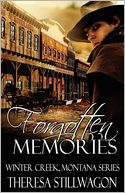
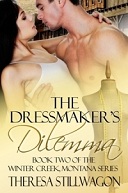 And from the urban paranormal we move to a contemporary western ghost town on Thursday. Winter Creek, Montana is the ghost town. It’s also a modern-day living history exhibit that serves as the setting for Theresa Stillwagon’s paranormal romances Forgotten Memories and The Dressmaker’s Dilemma. I’ll be reviewing the first two books in her series as well as hosting her for an interview.
And from the urban paranormal we move to a contemporary western ghost town on Thursday. Winter Creek, Montana is the ghost town. It’s also a modern-day living history exhibit that serves as the setting for Theresa Stillwagon’s paranormal romances Forgotten Memories and The Dressmaker’s Dilemma. I’ll be reviewing the first two books in her series as well as hosting her for an interview.
 Last, but certainly not least, the Small Blogs Big Giveaways blog hop, hosted by Reading Romances, starts on Saturday, July 14. Reading Reality is one of the participating blogs. I’ll be giving away an Amazon Gift Card. No muss, no fuss, no shipping charges.
Last, but certainly not least, the Small Blogs Big Giveaways blog hop, hosted by Reading Romances, starts on Saturday, July 14. Reading Reality is one of the participating blogs. I’ll be giving away an Amazon Gift Card. No muss, no fuss, no shipping charges.
Looking ahead to next week (the week of July 16), I have a couple of books I need to make sure I finish.
 Jeffe Kennedy will be here for The Rogue’s Pawn tour on July 19. This is the first book of her new urban fantasy series, The Covenant of Thorns. It looks like one of those stories where a contemporary character crosses into fae. Done well, that premise can be awesome. I have high hopes.
Jeffe Kennedy will be here for The Rogue’s Pawn tour on July 19. This is the first book of her new urban fantasy series, The Covenant of Thorns. It looks like one of those stories where a contemporary character crosses into fae. Done well, that premise can be awesome. I have high hopes.
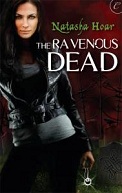
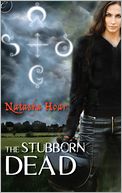 Another Carina Press title, The Ravenous Dead by Natasha Hoar is simply on my list because I loved her first book, The Stubborn Dead (review here). I mean really, what a concept for an urban fantasy series, The Order of Rescue Mediums? I have to see where she goes next with this.
Another Carina Press title, The Ravenous Dead by Natasha Hoar is simply on my list because I loved her first book, The Stubborn Dead (review here). I mean really, what a concept for an urban fantasy series, The Order of Rescue Mediums? I have to see where she goes next with this.
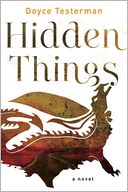 And the one I absolutely, positively must finish, Hidden Things by Doyce Testerman. It’s one of my review for Library Journal this month. It didn’t even look like any genre I review when it dropped out of the envelope. But it’s published by Harper Voyager, so it must be somewhere in my area. I’ll find out, because my review it due to my editor on July 16.
And the one I absolutely, positively must finish, Hidden Things by Doyce Testerman. It’s one of my review for Library Journal this month. It didn’t even look like any genre I review when it dropped out of the envelope. But it’s published by Harper Voyager, so it must be somewhere in my area. I’ll find out, because my review it due to my editor on July 16.
Even if it doesn’t turn out to be fantasy Hidden Things looks way better than The Mongoliad turned out to be.
Does your week feel especially full after the July 4th lull? What are you up to on your blog this week?


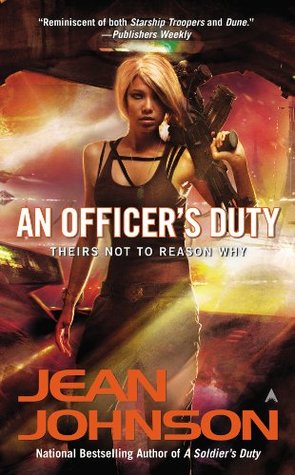
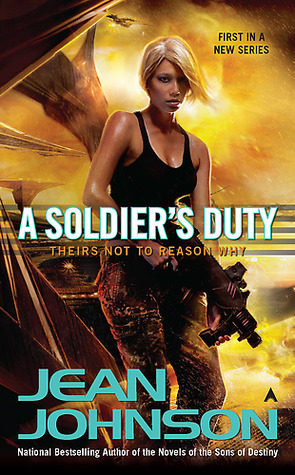
![STSmall_thumb[2]_thumb](https://www.readingreality.net/wp-content/uploads/2012/07/STSmall_thumb2_thumb.png)
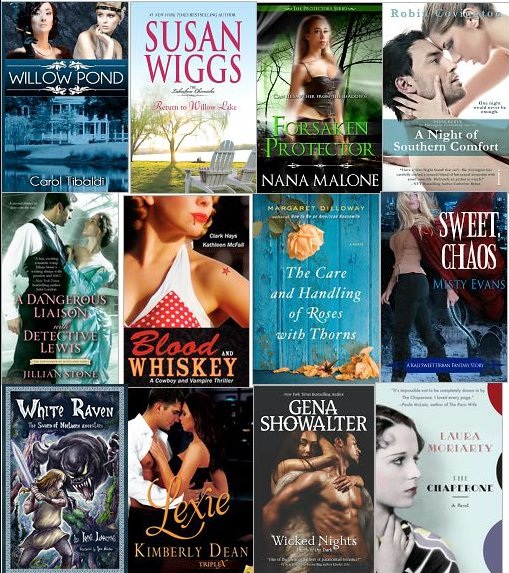
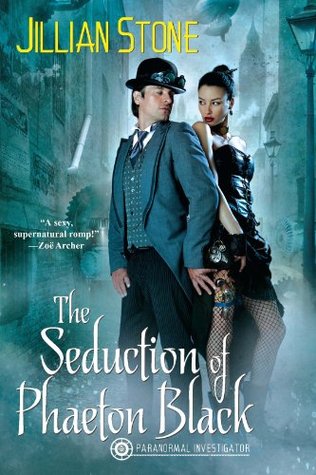




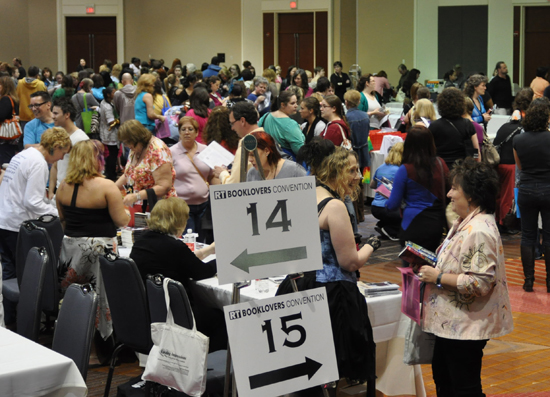



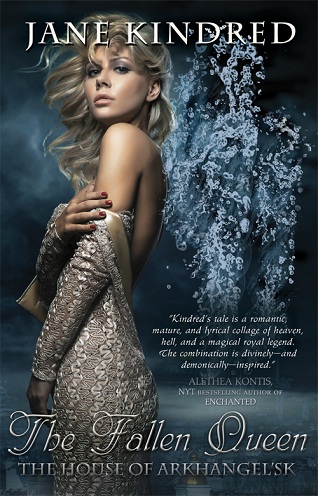

![redshirts [cover of Redshirts by John Scalzi]](https://www.readingreality.net/wp-content/uploads/2012/07/redshirts.jpg)
